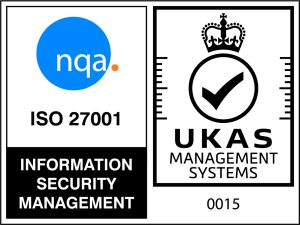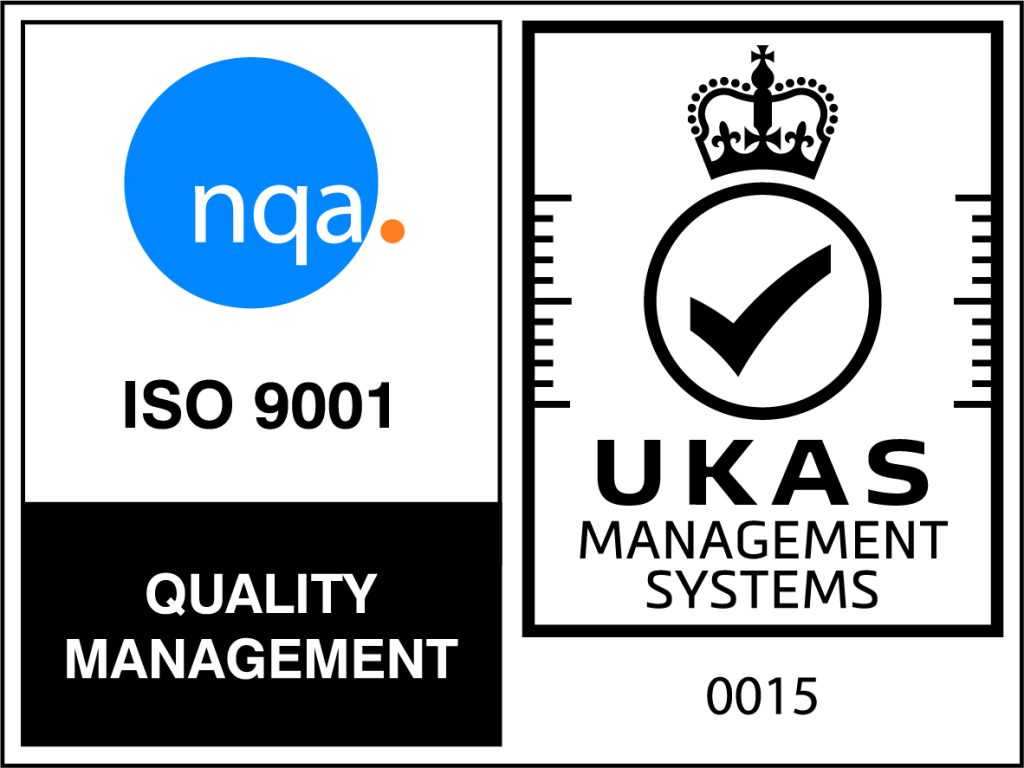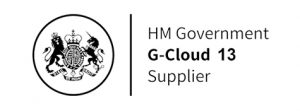Case Study
Arrears Management Upgrade
Re-engineering processes to reduce complexity and improve the user journey for our client.



Introduction To Technical Arrears
Effective arrears case management solutions are critical for creating an efficient and successful arrears process in the housing sector. Arrears, or the unpaid balances on rent and or other charges, can have a significant impact on the financial health of a housing association. Just as important, is the wellbeing of tenants.
It is therefore essential to have a system in place that can identify and manage arrears effectively and provide help for those that are facing affordability issues. In this use case, we will share our insights on developing a successful technology solution tailored to arrears management within the housing sector and highlight the advantages that such systems can offer.
The Objective
A simplified, stable, reliable and robust system to recover the arrears as effectively and efficiently as possible was needed. In collaboration with our client, Neo Technology streamlined the collection workflows and processes and rewrote the system to improve recovery chances and reduce bad debt.
The Issue
Our client had already implemented an income collection process.
The aim of this process was to have a common approach across the organisation that provided automatic identification of likely and actual debtors, increased efficiency of collection/arrears handling processes, and reduced debt levels. However, the system had become overly engineered and complex, making it difficult to support and manage, thus arrears were approximately running at 8% of revenue. The arrears process comprised of 32 business rules with variances for each business area and up to 50 steps that an arrears case goes through, generating notifications (SMS, email, letters) and tasks at each step. There were around 55 workflows comprising of custom code modules, custom applications and web services that handled these business rules and case step transitions. The arrears processes had multiple system integrations with Dynamics CRM, Northgate, SharePoint, Datawarehouse, and others. The arrears case creation at that point took an average of 8 hours daily, which was too inefficient and time-consuming.
RISK MITIGATION
Risk: Delays in delivery due to unexpected technical issues or challenges.
Mitigation: The project team will work closely with Digital Technology and Infrastructure teams to ensure technical challenges are identified and addressed in a timely manner.
Risk: Resistance to change from impacted teams and users.
Mitigation: User engagement and communication will be a key focus throughout the project. Regular updates and training sessions will be provided to ensure impacted teams and users are informed and prepared for the changes.
Risk: Incomplete or inadequate testing leading to issues post-implementation.
Mitigation: Testing will be a key focus throughout the project. A comprehensive testing plan will be developed and executed, with regular reporting to stakeholders to ensure any issues are identified and addressed in a timely manner.

Impact Of Not Delivering The Change
Not delivering the change and not simplifying the current system would mean the costs to maintain and support it will only ever increase. For illustration purposes, a housing association with approximately 30,000 homes would incur £250,000 in costs if they did not change. Also, without a new streamlined approach, arrears would stay high and introduce more risk of bad debt.
The Solution
Project Management Approach
The Neo Technology Agile/DevOps methodology provides regular reporting to stakeholders and ensures the delivery of projects within defined timescales and budgets.
The project will consist of three phases
01
Requirements Gathering and Analysis
During the first phase, requirements gathering and analysis, the team engaged with stakeholders from all impacted teams to identify pain points, gather requirements and develop user stories. These findings were used to inform the design and development of the new system.
02
Design and Development
The second phase, design and development, involved the creation of low-code – no-code components for the income collection workflows and processes. These components were designed to be more intuitive and streamlined, with a focus on reducing complexity, increasing efficiency and improving the customer journey.
03
Testing and Implementation
Finally, in the testing and implementation phase, the new systems were thoroughly tested to ensure it meets all requirements and is fit for purpose. Once testing was complete, the new system would be implemented and rolled out across all relevant teams.
We Took The Following Actions:
ANALYSIS OF THE EXISTING SYSTEM
This will involve a detailed analysis of the existing system to identify areas of inefficiency and complexity. This will help to inform the design of the new system.
DESIGN OF THE NEW SYSTEM
Using the findings from the analysis, a new system was designed that is more efficient, reliable, and userfriendly. This will involve the re-engineering of the current processes and business rules to reduce complexity and streamline workflows where possible.
DEVELOPMENT OF THE NEW SYSTEM
The new system were developed using the low-code development techniques selected in the design phase. This will involve the creation of new custom application code as low code components, refactoring of workflows for code optimization and performance where necessary, and testing to ensure reliability and accuracy.
IMPLEMENTATION OF THE NEW SYSTEM
Once the new system was developed and tested, we implemented across all relevant tenures. This will involve data migration from the existing system to the new system, training of staff on the new system, and integration with existing systems.
MONITORING AND EVALUATION
The new system were monitored and evaluated to ensure that it is meeting the desired outcomes. Any issues will be identified and addressed promptly to ensure that the system remains efficient, reliable, and user-friendly.

Project Governance:
To ensure that the project was delivered on time, on budget, and to the desired quality, a project governance framework was established.
- A project board was established to provide oversight and guidance on the project. This included representatives from key stakeholder groups, including housing, leasehold, temporary housing, folio, key worker, care, and support.
- A project manager was appointed to manage the day-to-day activities of the project. The project manager was responsible for ensuring that the project was delivered on time, on budget, and to the desired quality.
- A project team was established to undertake the activities of the project. This included digital technology, digital product management, programme management, data and reporting, data team, security, and infrastructure.
- A risk management plan was developed and implemented to identify, assess, and manage risks throughout the project lifecycle.
- A communication plan was developed and implemented to ensure that all stakeholders were kept informed of project progress and outcomes.
THE
RESULT
Neo Technology’s re-engineering of the income collection processes using low-code/no-code solutions addressed the issues with the system and achieves the desired benefits of simplification and automation of process, improves reliability, improves value for money, and improves staff and resident satisfaction.
Automated notifications to customers in the earlier stages of the workflow save hundreds of hours per week, again for illustration purposes our client with approximately 30,000 homes would achieve 36% cost savings if the change was made. Also, with the new streamlined approach to arrears as described, bad debt would be significantly reduced.
The project governance framework and Agile/DevOps approach ensured that the project was delivered on time, on budget, and to the optimum quality, the risks were effectively mitigated and stakeholders were kept informed of any issues on a regular basis.
Our approach to the arrears case management systems helps to improve the overall efficiency of housing associations. By providing a streamlined and efficient process for managing arrears Neo Technology reduce the administrative burden associated to arrears management and improves the overall health of the organisation.
Features of The Arrears Management Group
Would you like to learn more about how Neo Technology can help your organisation achieve its goals?
Whatever your pain points and aims may be, our consultations will help you explore innovative and sustainable solutions, free of charge. Our Strategy Director Stuart will be happy to meet with you face-to-face or online at a time of your choosing.

Stuart Payne
Strategy Director
Book a meeting to discuss cutting-edge technological solutions for your organisations challenges